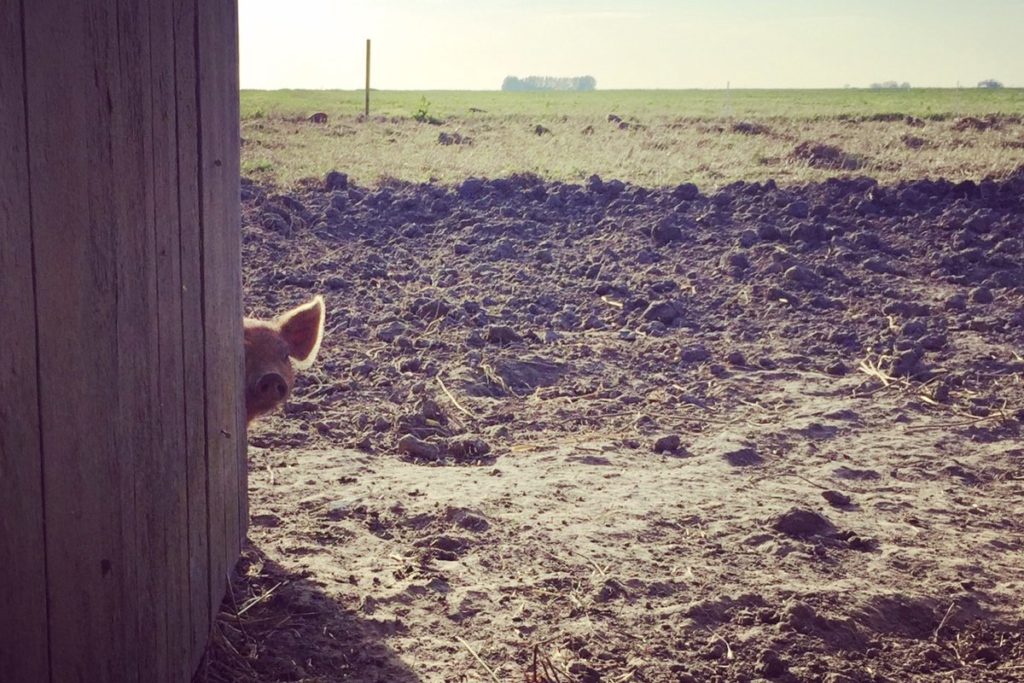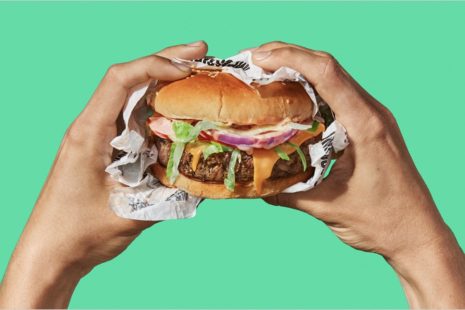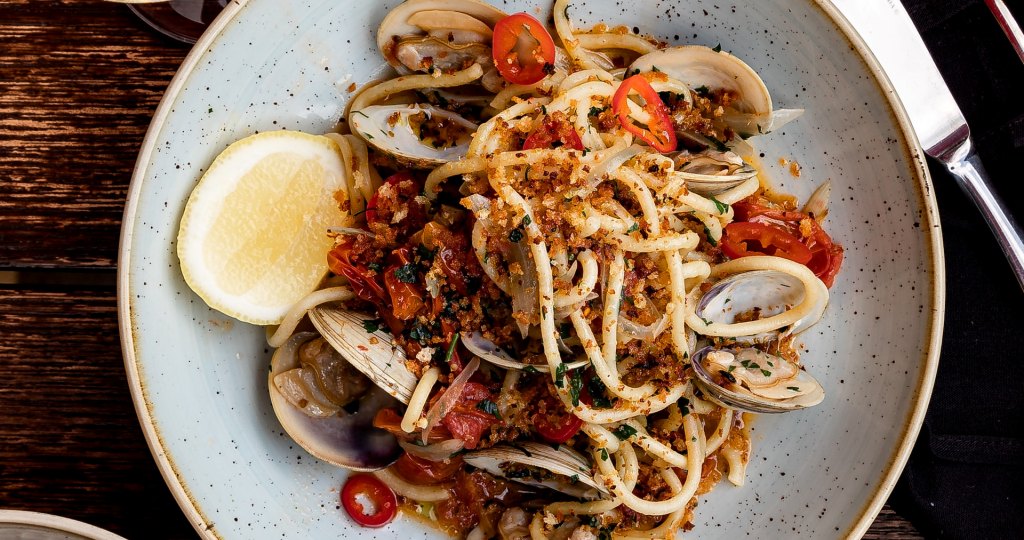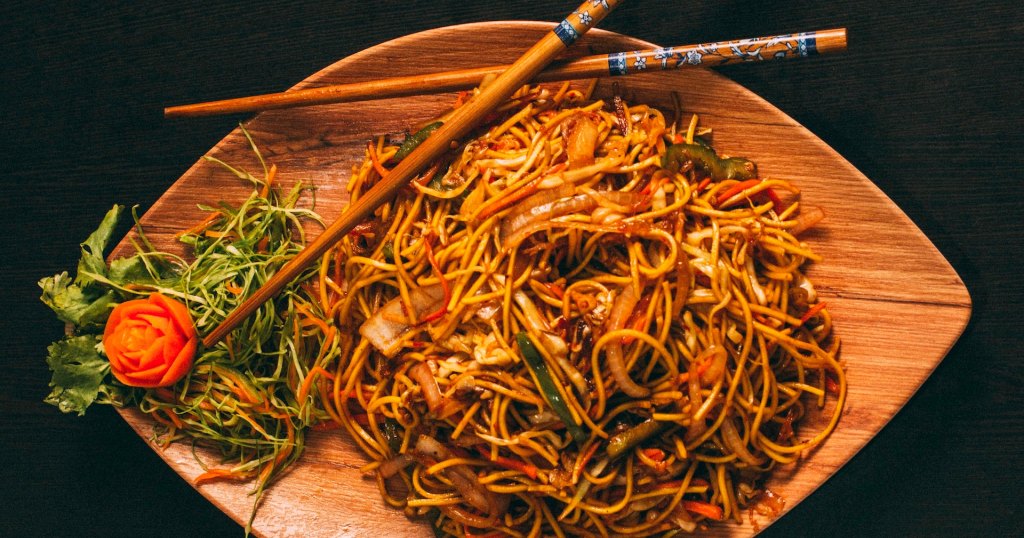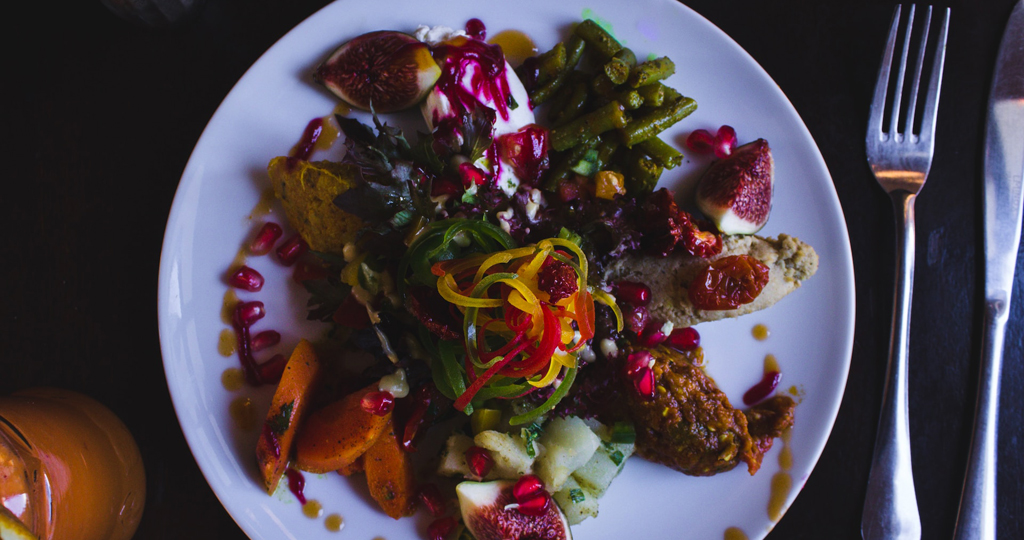We’ve all watched those Netflix documentaries opening our eyes to the horrendous conditions that animals are subjected to and vowed to become a vegan immediately. Well maybe not all of us, but I did. After three days I slipped back into my old meat eating habits, and after a long brisk Sunday walk across Hampstead heath I proceeded to order a roast beef dinner in the local pub.
The crux is, if you’re a protein lover, and let’s be fair we all understand the health benefits of protein when working out, moving away from meat and eggs is difficult. I’m not saying impossible, there are loads of plant protein sources, but these require planning and a bit of a creative flair in the kitchen.
In the last decade the number of vegans in the UK has risen by 360%, so it’s no surprise that our favourite fast food chains are jumping on the bandwagon and have launched vegan options. And it’s not just the big chains that are adopting this trend. I went to my local non-trendy Chinese takeaway the other week (the type that still use MSG), who proudly display ‘vegan options available’.
I was a vegetarian for a while. I gave up all meat for three months following a stint in Thailand. If you can’t identify the meat on skewers down Khao San Road, you should question whether you should be eating it at all. But on my return to the UK keeping it up was difficult especially when you’re trying to reduce carbs at the same time. So I found myself back in the same place a diet of meat and eggs, carbohydrates only in the form of fibre and refusing to watch anymore documentaries on animal welfare and the industrial food system.
Then, for totally unrelated reasons I found myself at a Pig farm in southern Sweden where I met Rolf Axel Nordström, an ecologist. His vision for the past 60 years was to build a fully sustainable farm. Closed circuit farming is the only way he eats meat.
Animals eat off the land, their young can ween for as long as their mothers deem necessary, they roam the fields rooting all day long and basking in mud baths. When it comes to slaughter, Rolf and his sons follow the highest animal welfare practices. No animals get to smell, hear or watch their fellow piggy pals go through the abattoir which would cause unnecessary stress, sending their cortisol levels sky high.
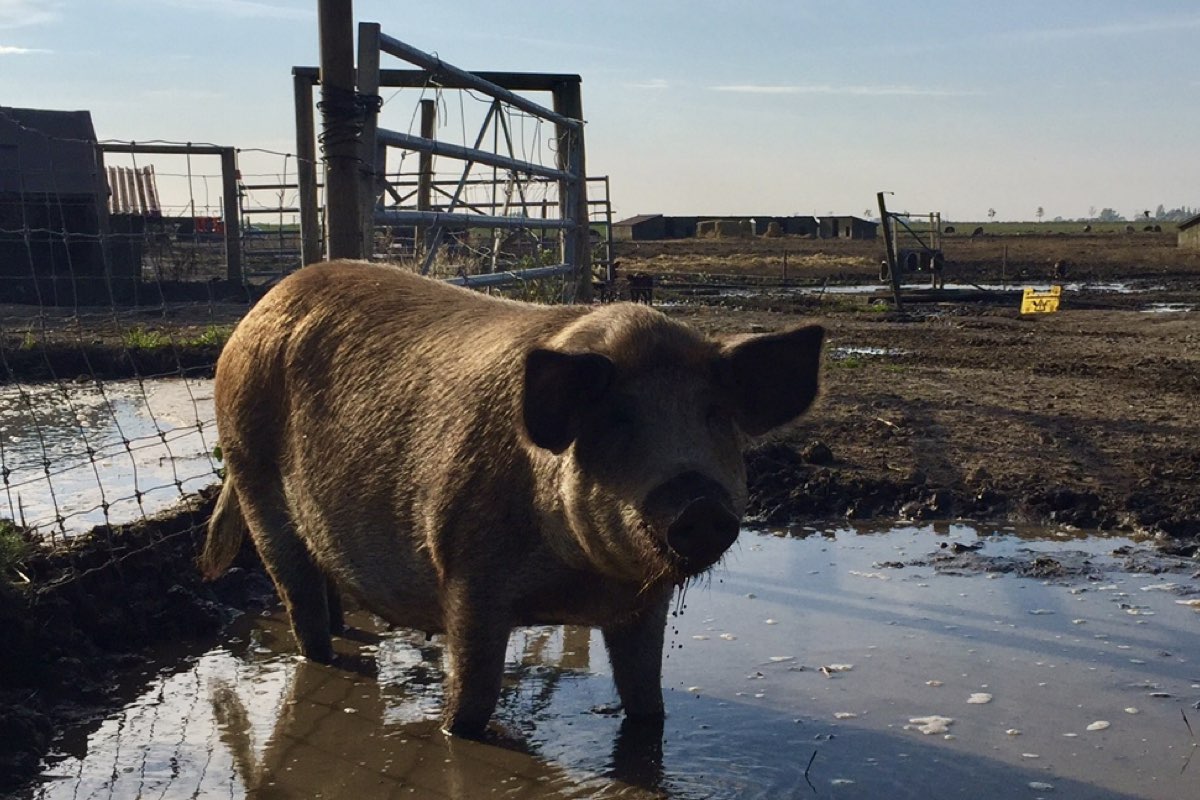
It dawned on me at this moment, I’d not just been turning a blind eye to the true cost of cheap meat, I’d been funding it. Every time I bought a promotion in the supermarket on meat I’m voting with my money, I’m saying “I want to pay less for meat”. This undoubtedly puts pressure on farming… we need more meat and we need it cheaper. Not Rolf, he’s been banging this drum for decades, and the more I listened to his passion about ethical farming, the more I realised I’d been working against him.
It’s not about just paying more for better quality meat, we know we all need to eat less too. Its production is a huge contributor to global warming and with the population set to rise we need to tackle this now. But realistically are we all going to become vegans? Rolf is an animal lover, he’s studied them for the past 60 years and has given talks all over the world, but he’s not vegan. He’s what he considers to be a flexitarian.
Flexitarianism is about being conscious of our impact on the food supply chain. It’s about eating more plants and eating less animal products, but when we do eat animal products we are buying decent quality from a sustainable, higher animal welfare source. There are so many positive impacts to eating less meat; reduction in global warming, world hunger, antibiotic resistance, better animal welfare and general health benefits for us all.
But are we flexible enough to become a flexitarian?
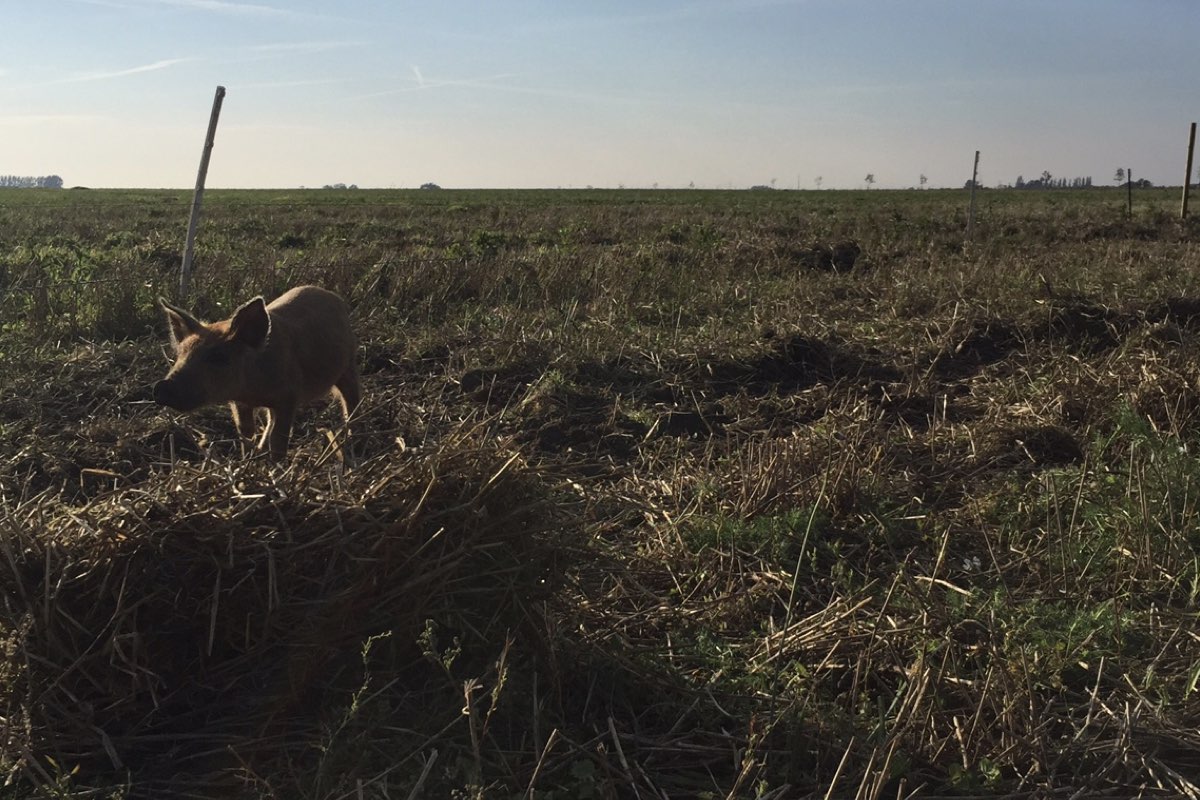
Here are some tips on buying better meat:
Ask questions in your local butcher, visit the farmers markets more often, they all have shorter supply chains that helps keep costs down. Online butchers deliver direct to your door (even to us Londoners) cutting out the cost pressures of supermarkets trying to maximise their margins.
Buy organic, it’s not only the limited use of pesticides and antibiotics that this applies to, the Soil Association organic standard also ensures high levels of animal welfare.
Free- range chickens and pigs can go outside for part of all or their life. This encourages more natural behaviours and being more active compared to caged animals.
Look out for pasture/grass fed meat, this opposes the intensive practices of CAFOs (concentrated animal feeding operations) in which animals are fattened on grains indoors.
Freedom foods is the RSPCAs stamp of approval, whereby animals are free-range and organic and follow strict rules on animal welfare standards.
